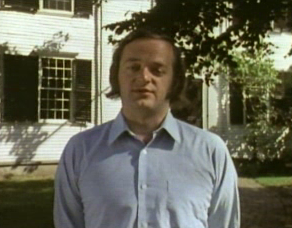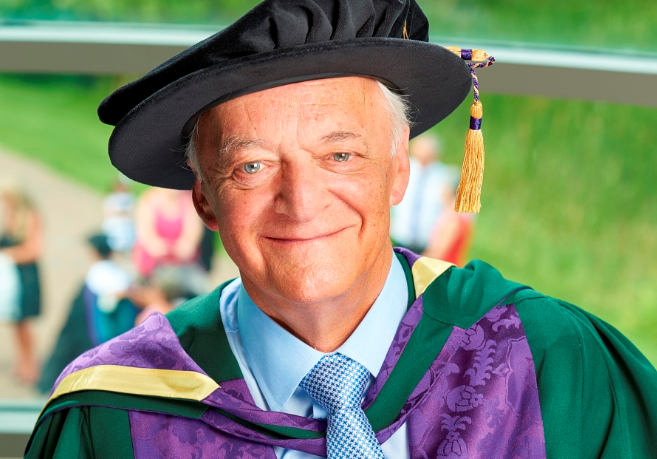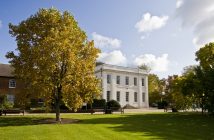Staff and colleagues around The Open University (OU) have been paying tribute to Emeritus Professor Clive Emsley, a founding member of the History Department at The Open University and one of the world’s foremost exponents of criminal justice history, who has died this month aged 76.
Among his accolades Clive provided the first scholarly history of the English police (The English Police: A Political and Social History) and a ground-breaking exploration of crime and justice (Crime and Society in England, 1750-1900), both of which remain standard works on syllabi around the world.
Clive joined the OU’s History department as one of its first appointments in 1970, fresh from a research post at Peterhouse College, Cambridge.
“Innovative teacher and world-class researcher”
He arrived at The Open University when its innovative distance teaching methods were in their infancy, and was one of only four people in the History Department who had to develop the curriculum, fast, at scale. The challenge facing the Arts Faculty in 1970 was to write enough units so that Arts students who had already commenced their degrees, had modules to study. Clive was a colleague who everyone was pleased to have on their course team.
Executive Dean of the Faculty of Arts & Social Sciences, Professor Ian Fribbance, said:
“Clive Emsley was one of the first appointments made by The Open University, joining the then Faculty of Arts at its inception.
“He was an innovative teacher who helped to develop our distinctive model of distance learning and a world-class researcher who shaped the field of criminal justice history.
“Above all, however, we will remember him as an intellectually generous and supportive colleague, who devoted himself to furthering the mission of the University even after his retirement in 2009.”
Gifted communicator among academia and the general public
Clive was at home in the world of specialist historical monographs and journals, but he was also keen to move beyond it. In the early 2000s, he formed a joint research centre with The Open University’s criminologists where social scientists and historians could collaborate (now called HERC). He was happy to talk to serving police officers and other criminal justice professionals, to make sure that they were basing their work on historical reality rather than myth.
A gifted communicator, he always took the time, alongside the production of more academic works, to communicate with the public at large via lectures for the Historical Association, and to write books for a general audience. The Great British Bobby traced the history of this British institution from the eighteenth century to the present, while Hard Men laid bare Britain’s troubled history of interpersonal violence over recent century.
Among his more recent work, Clive produced innovative studies of crime and its control during wartime unearthed further surprising and important insights. Soldier, Sailor, Beggarman, Thief: Crime and the British Armed Services since 1914 (2013) was the first serious investigation of criminal offending by members of the British armed forces during and immediately after the two world wars of the twentieth century. Exporting British Policing during the Second World War (2017) demonstrated the pivotal role played by British military policing in liberated Europe during the Second World War.
Unique role in nurturing new generation of researchers around the world
He was founder and first President of the International Association for the History of Crime and Criminal Justice, and founding editor of the journal Crime, History & Societies. Clive’s intellectual leadership, and his generous and inclusive approach to scholarship, ensured he played a unique role in encouraging and nurturing a new generation of researchers around the world.

Born in 1944, Clive took a degree at York University (1966) moving to a research role in Cambridge before joining the OU. Aside from a series of prestigious visiting fellowships in Australia, Canada, New Zealand and France, he worked there until his retirement in 2009 and continued as an Emeritus Professor.



